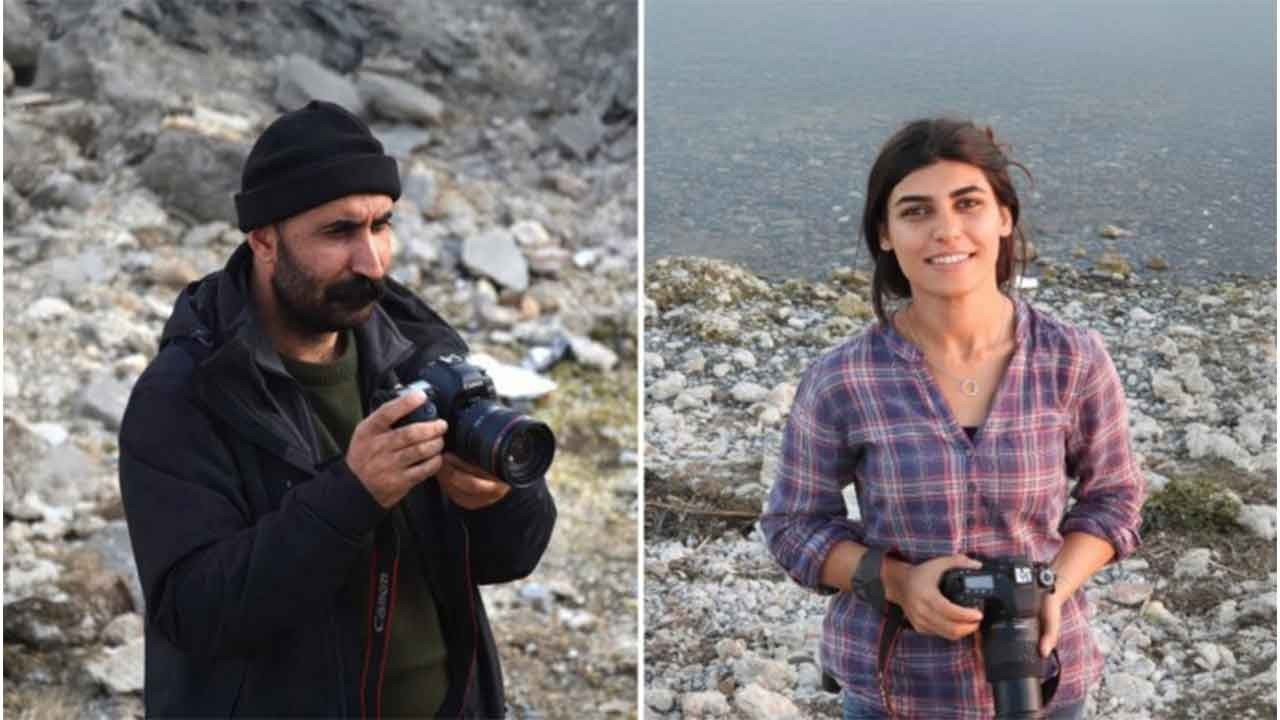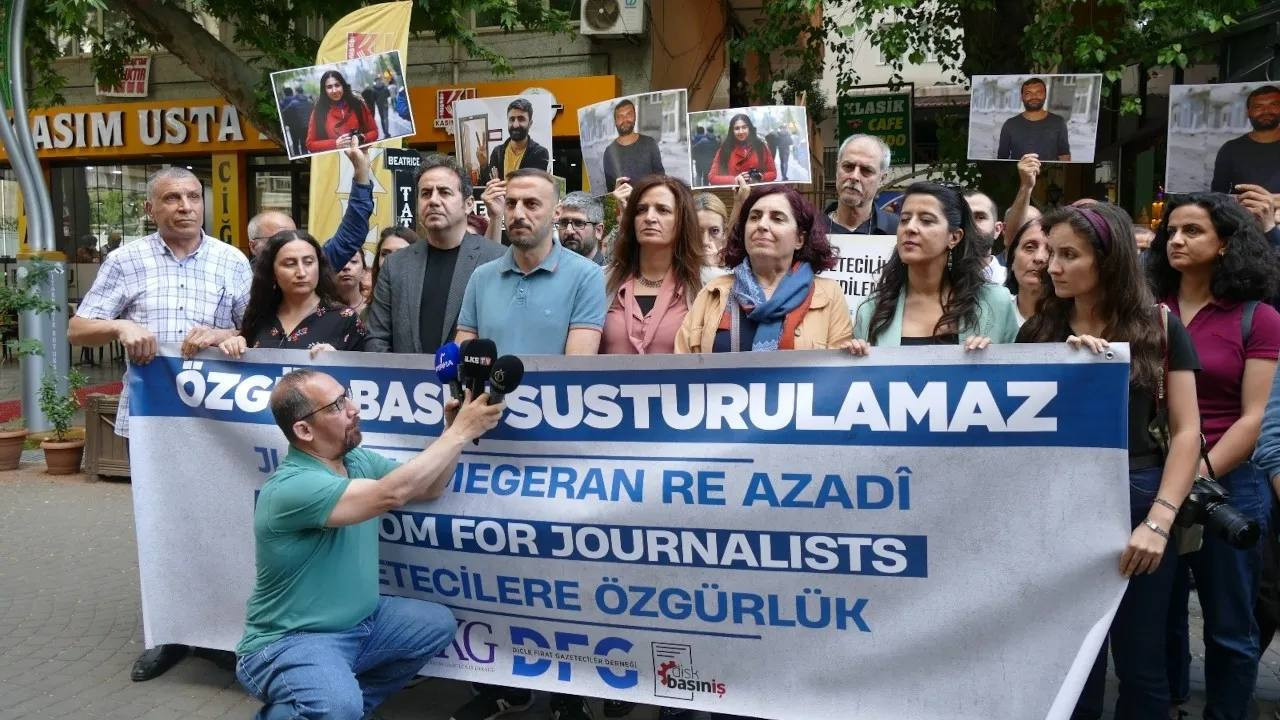Turkish journalist detained for criticizing Turkish army’s actions in Syria
Journalist Özlem Gürses was detained on charges of "insulting state institutions and organs" and "publicly disseminating misleading information" following her criticism of Turkish military actions in Syria during her YouTube program.
Duvar English
The Istanbul Chief Public Prosecutor's Office on Dec. 20 had journalist Özlem Gürses detained as part of an investigation into remarks she made about the Turkish Armed Forces (TSK) during a live broadcast on her YouTube channel.
The prosecutor's office released a statement quoting journalist Özlem Gürses from her program, where she reportedly said, "As you can see, the ISIS, that is the TSK-Syrian National Army structure, has made small gains in regions where Kurds are present."
The statement claimed Gürses compared the TSK to a terrorist organization, portrayed them as collaborating with groups responsible for torture and massacres, and labeled them as an occupying force.
Based on these claims, the prosecutor's office launched an ex officio investigation into Gürses for "insulting the institutions and organs of the state" and "publicly disseminating misleading information."
It was further noted that she has been detained as part of the investigation and would have been brought from the capital Ankara to Istanbul.
Özlem Gürses' lawyer, Erdal Kılbaşoğlu, spoke to Sözcü TV, stating: "The charge against her falls under Article 301 of the Turkish Penal Code, which is the offense of 'insulting state institutions.' This crime carries a penalty of six months to two years in prison. Additionally, she is accused of 'publicly disseminating misleading information,' which carries a penalty of one to three years in prison. However, such offenses are not classified as severe crimes under the Criminal Procedure Code."
Investigations under Article 301 require the approval of the Justice Minister to proceed.
Legal expert Hüseyin Ersöz stated, "In light of European Court of Human Rights rulings, Özlem Gürses' detention poses a legal security issue and constitutes an implicit act of censorship due to her identity as a journalist."

 Turkish journo temporarily detained for interviewing former PYD co-chair Salih MuslimDomestic
Turkish journo temporarily detained for interviewing former PYD co-chair Salih MuslimDomestic Journalists killed in alleged targeted Turkish drone strike in northern SyriaWorld
Journalists killed in alleged targeted Turkish drone strike in northern SyriaWorld World Press Freedom Day in Turkey: 43 journalists in prison, 122 on trialMedia
World Press Freedom Day in Turkey: 43 journalists in prison, 122 on trialMedia